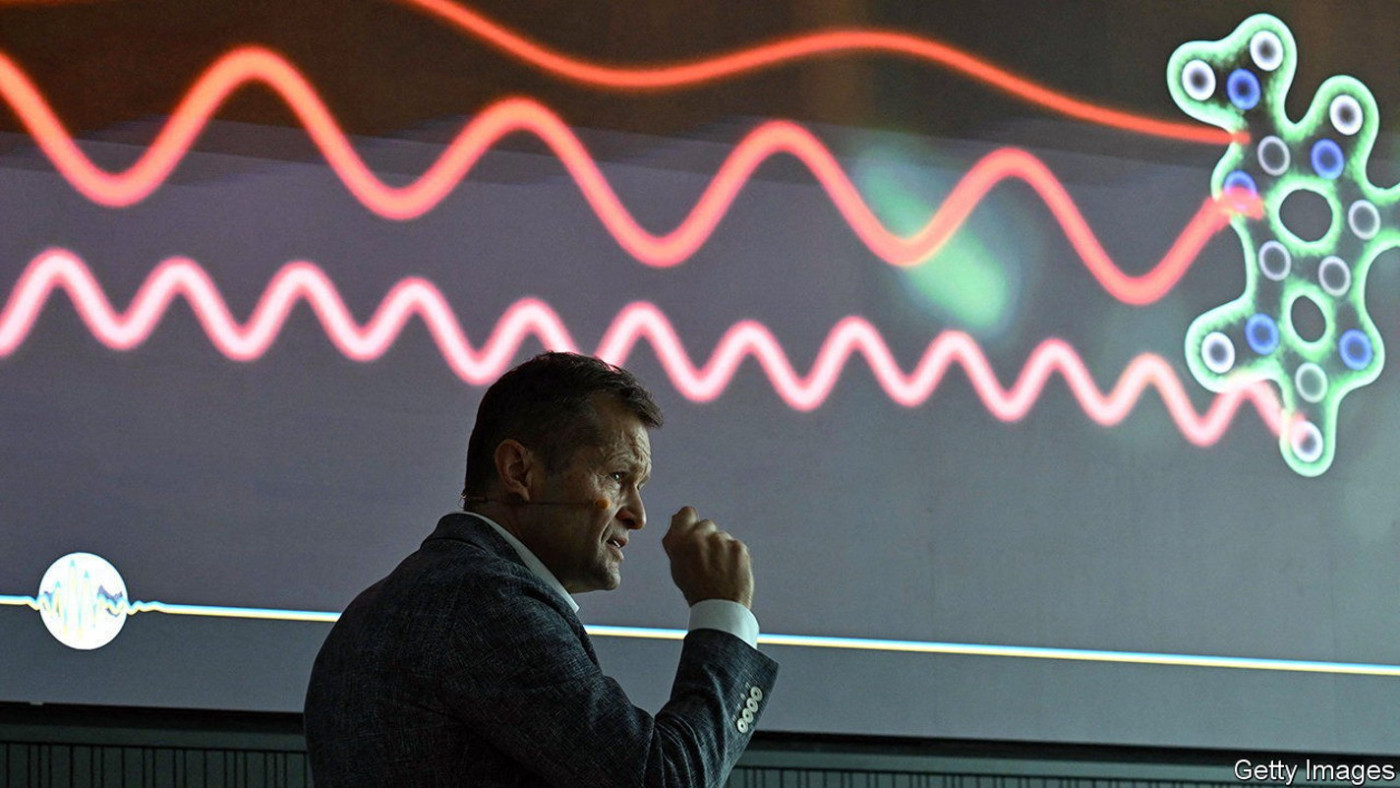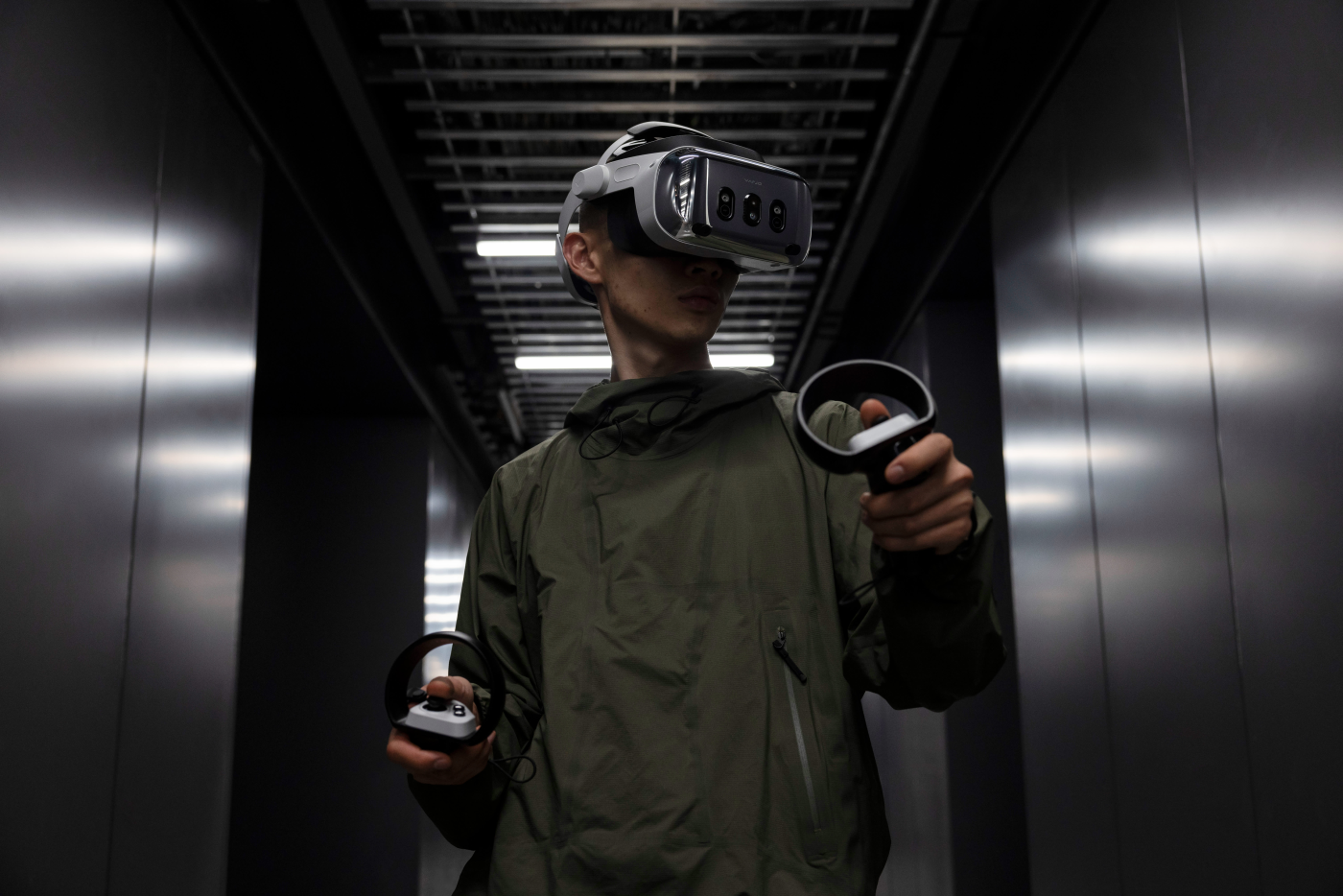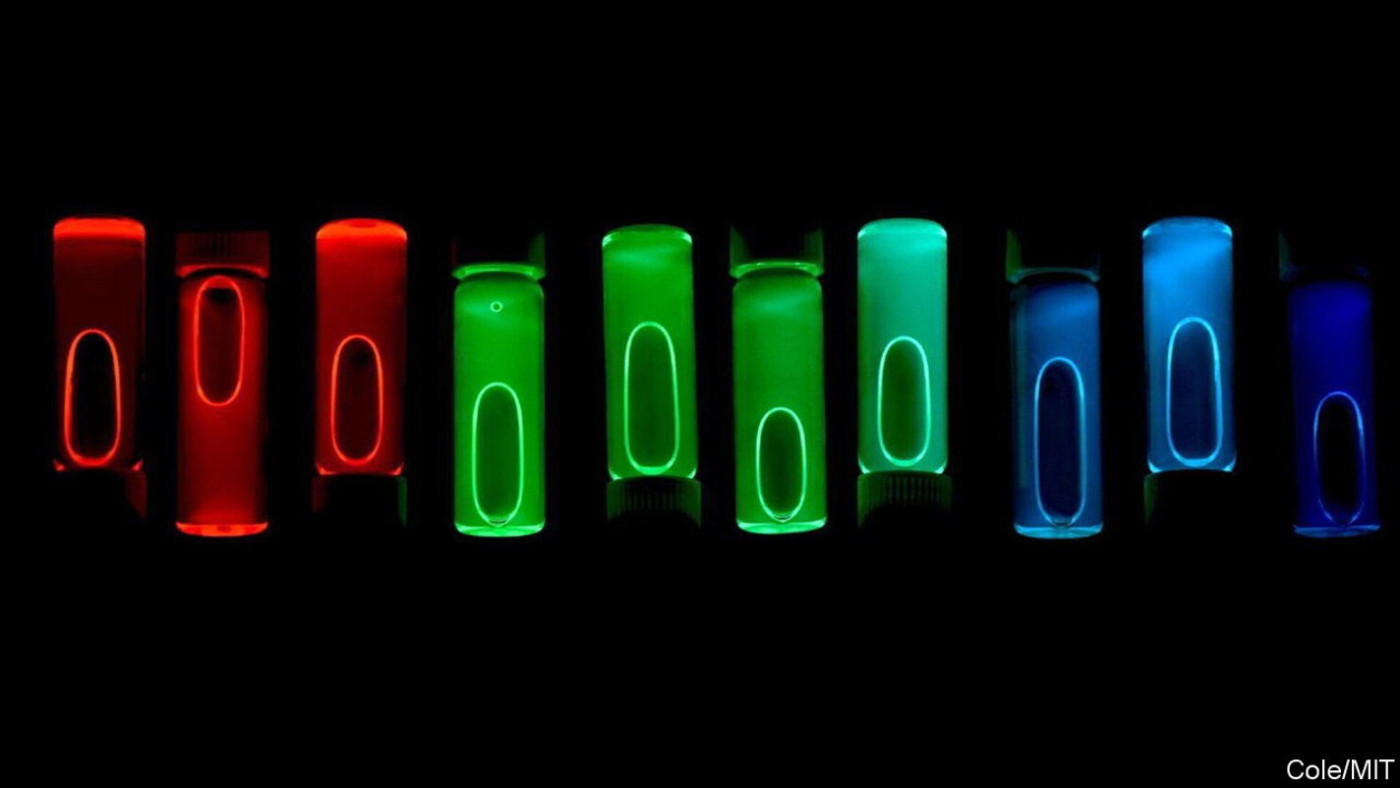A Nobel prize in physiology for mRNA vaccines
THE COMMITTEES which award the Nobel science prizes (chemistry, physics and physiology or medicine) are hard to second-guess. Last year, for instance, the physiology prize went to Svante Paabo, who helped invent the field of fossil DNA, and then used that invention to shed copious light on human evolution.
A worthy winner. But some thought the choice an odd one in light of the covid-19 pandemic that had recently ravaged the world. A more obvious set of laureates might have been some of those who helped develop the mRNA vaccines which had been invented, tested and deployed in record time against the virus. And this year the Karolinska Institute in Stockholm, which awards the prize, made amends.
The winners it chose were Katalin Karikó and Drew Weissman, once colleagues at the University of Pennsylvania, in Philadelphia, though Dr Karikó now works mainly at the University of Szeged, in her native Hungary. Many people can claim a stake in the development of mRNA vaccines, but theirs was, perhaps, the critical insight. It was they who worked out how to stop the molecule at the heart of such vaccines provoking a reaction which would otherwise have made them unusable.
The simple telling of how molecular genetics works involves four genetic “letters”. In DNA, the molecule in which genes are usually stored long-term, these letters are A, C, G and T—the initials of the names of the chemicals involved. When a gene is activated, its sequence of these letters is copied into a similar molecule, RNA, in which T is replaced by a related chemical, U. The resulting message (the “m” in mRNA stands for “messenger”) is then read by molecular machines called ribosomes, which use it to assemble the desired protein.
The idea behind mRNA vaccines was to make mRNA molecules that encode part of a protein found in an infectious organism. Some of the recipient’s ribosomes will then read this message and make the protein fragment in question. That fragment, in turn, will be recognised and recorded by the immune system as foreign, and thus probably hostile. This means that if the pathogen in question turns up for real, the immune system has a head start in dealing with it. And the ability to persuade cells to produce proteins for which they lack the genes themselves could have all sorts of uses beyond just vaccines.
In biology, however, nothing is truly simple. Early attempts to produce mRNA vaccines created a hostile response to the injected RNA itself. Cells recognised the molecular interlopers as foreign, and activated a different part of the immune system, inflammation, to come and kill them, on the assumption that they had, themselves, become infected.
Dr Karikó and Dr Weissman realised that there must be some significant chemical difference between the artificially created RNA then used in work in this field and the natural human sort. A series of experiments revealed this difference to be in the exact chemistry of the letter known as U. Tweak that to look like the human version of U and the problem goes away.
All this happened way back in 2005. As is the way of things, matters then developed slowly but steadily. By early 2020, when the world’s governments hit the panic button, two firms—BioNTech, at which Dr Karikó was once a senior vice-president, and Moderna—were already working on mRNA vaccines. They were able to switch their attention and develop versions effective against the newly discovered coronavirus. They did this by causing the mRNA involved to encode part of one of the virus’s proteins, called “spike”.
Billions of jabs and millions of lives later, Dr Karikó and Dr Weissman were heroes. And that fact has now, if perhaps a year belatedly, been recognised by the bigwigs in Stockholm.■
Disclaimer: The copyright of this article belongs to the original author. Reposting this article is solely for the purpose of information dissemination and does not constitute any investment advice. If there is any infringement, please contact us immediately. We will make corrections or deletions as necessary. Thank you.





